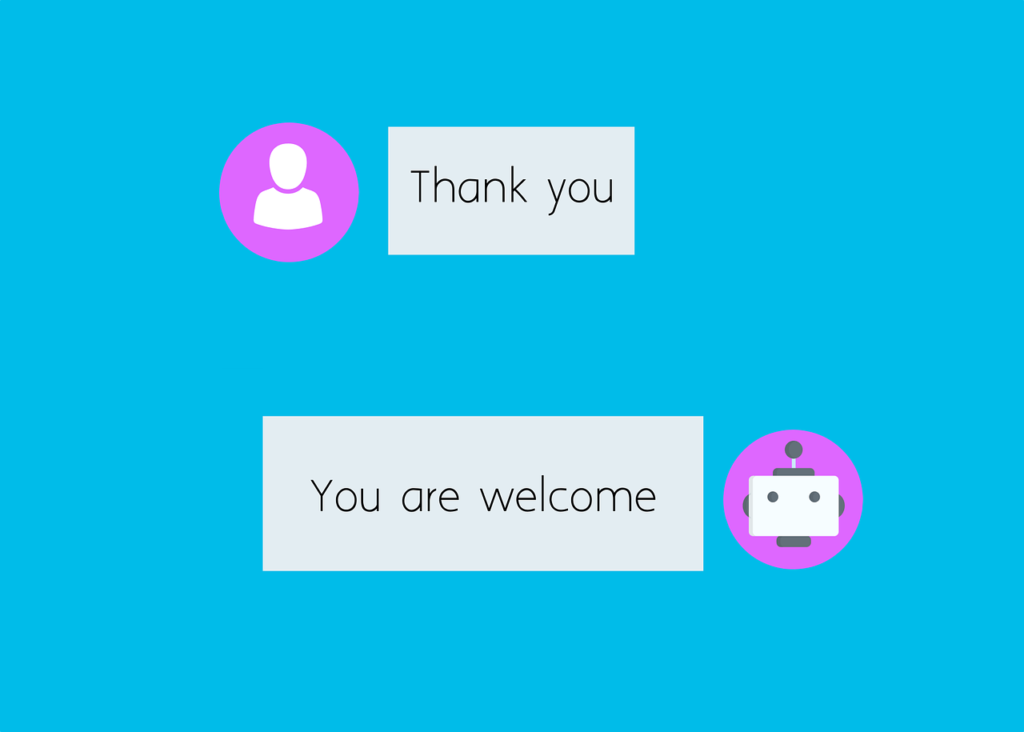Welcome to an exploration of the ethical considerations surrounding the use of chatbots in niche market lead generation. Chatbots are becoming increasingly popular tools for businesses looking to engage with potential customers in more personalized ways. However, when it comes to targeting niche markets, questions of privacy, transparency, and consent become even more crucial. By delving into these ethical considerations, you can better understand how to navigate the use of chatbots in a way that respects both your audience and their data. Have you ever wondered about the ethical considerations behind using chatbots for lead generation in niche markets? Today, we will dive into this topic and explore the impact of chatbots on engaging with potential customers in specific industries. Let’s examine the key factors you should consider when using chatbots for lead generation in niche markets.

Understanding the Role of Chatbots in Niche Market Lead Generation
Chatbots play a significant role in lead generation for niche markets by providing automated responses to inquiries, collecting contact information, and guiding potential customers through the sales funnel. They can streamline the communication process and provide personalized interactions based on the user’s preferences and behavior.
In niche markets, chatbots can be tailored to cater to the specific needs and interests of the target audience, making them more effective in generating leads and converting them into customers. By understanding the unique requirements of niche markets, chatbots can deliver a more personalized and engaging experience to users, increasing the chances of lead conversion.
How Chatbots Improve Customer Engagement in Niche Markets
Chatbots enhance customer engagement in niche markets by offering instant responses to inquiries, providing relevant information, and guiding users through the decision-making process. They can create a seamless and interactive experience for users, leading to higher engagement rates and increased customer satisfaction.
By using chatbots in niche market lead generation, businesses can establish a direct line of communication with their target audience, gather valuable insights, and build long-lasting relationships with potential customers. This personalized approach fosters trust and loyalty, ultimately boosting conversion rates and driving business growth.
Addressing Privacy and Data Security Concerns with Chatbots
One of the primary ethical considerations when using chatbots for lead generation in niche markets is ensuring the privacy and data security of users. As chatbots collect and store sensitive information such as contact details, preferences, and purchase history, it is crucial to implement robust security measures to protect this data from unauthorized access or misuse.
Implementing Data Encryption and Secure Communication Protocols
To safeguard user data in niche market lead generation, businesses should implement data encryption and secure communication protocols to prevent data breaches and cyber-attacks. By encrypting information both in transit and at rest, businesses can ensure that sensitive data remains confidential and inaccessible to malicious actors.
Obtaining Explicit Consent for Data Collection and Storage
Another ethical practice is obtaining explicit consent from users before collecting and storing their data through chatbots. Businesses should clearly communicate the purpose of data collection, how the information will be used, and provide users with the option to opt out or delete their data at any time. This transparency builds trust and demonstrates a commitment to protecting user privacy.
Ensuring Compliance with Data Protection Regulations
In addition to obtaining consent, businesses must also ensure compliance with data protection regulations such as the GDPR (General Data Protection Regulation) and CCPA (California Consumer Privacy Act) when using chatbots for lead generation in niche markets. By adhering to these regulations and best practices, businesses can mitigate legal risks and uphold ethical standards in data handling.

Fostering Transparency and Accountability in Chatbot Interactions
Transparency and accountability are essential principles in maintaining ethical conduct when using chatbots for lead generation in niche markets. Businesses should be transparent about the use of chatbots, disclose their capabilities, limitations, and ensure that users are aware of interacting with a machine rather than a human agent.
Setting Clear Expectations for Chatbot Functionality
To foster transparency, it is crucial to set clear expectations for chatbot functionality, inform users about the limitations of the technology, and provide alternative channels for human assistance when needed. By managing user expectations and delivering a consistent experience, businesses can build trust and credibility in their chatbot interactions.
Monitoring and Evaluating Chatbot Performance
Accountability in chatbot interactions involves monitoring and evaluating the performance of chatbots to ensure they follow ethical guidelines and provide accurate information to users. Businesses should regularly review chatbot conversations, analyze user feedback, and make necessary adjustments to improve the overall user experience. This ongoing evaluation process helps maintain the quality and reliability of chatbot interactions in niche market lead generation.
Providing Human Oversight and Intervention
While chatbots can automate lead generation processes efficiently, it is essential to have human oversight and intervention to handle complex queries, sensitive issues, or situations that require empathy and understanding. By combining the strengths of chatbots with human support, businesses can deliver a seamless and engaging experience that meets the diverse needs of users in niche markets.

Promoting Inclusivity and Diversity in Chatbot Design
In niche markets, it is crucial to promote inclusivity and diversity in chatbot design to ensure that the technology is accessible and relatable to a wide range of users. By considering diverse perspectives, cultural sensitivities, and language preferences, businesses can create chatbots that resonate with their target audience and foster a sense of belonging.
Designing Multilingual Chatbots for Global Reach
To cater to diverse audiences in niche markets, businesses should consider designing multilingual chatbots that can communicate in different languages and dialects. By offering language support, businesses can engage with users from various regions, enhance accessibility, and promote inclusivity in their lead generation efforts.
Incorporating Cultural Sensitivities and Local Customs
When designing chatbots for niche markets, it is essential to incorporate cultural sensitivities, local customs, and social norms to ensure that the technology resonates with users in a meaningful way. By adapting the tone, language, and content of chatbot interactions to align with cultural preferences, businesses can foster trust and build rapport with their target audience.
Ensuring Accessibility and Usability for All Users
Inclusive chatbot design also involves ensuring accessibility and usability for all users, including those with disabilities or special needs. Businesses should prioritize features such as screen reader compatibility, keyboard navigation, and alternative text descriptions to make chatbots user-friendly and inclusive for everyone. By creating an inclusive user experience, businesses can reach a more diverse audience and strengthen their relationships with customers in niche markets.

Conclusion
In conclusion, the ethical considerations of using chatbots for lead generation in niche markets are multifaceted and require careful planning, transparency, and accountability. By understanding the role of chatbots in niche market lead generation, addressing privacy and data security concerns, fostering transparency and accountability in chatbot interactions, promoting inclusivity and diversity in chatbot design, businesses can navigate the ethical challenges and leverage chatbots effectively to engage with their target audience ethically and responsibly. By prioritizing ethical considerations in chatbot interactions, businesses can build trust, enhance customer relationships, and drive sustainable growth in niche markets.

